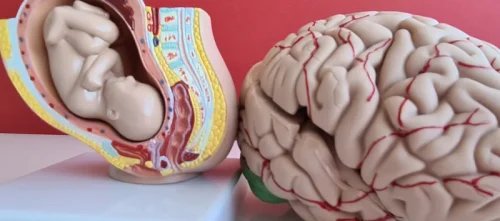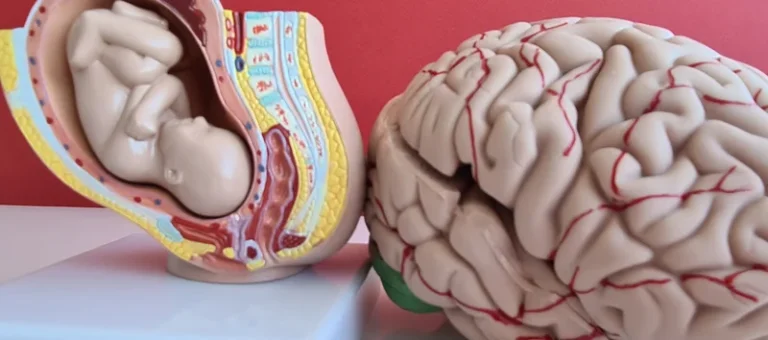
By strengthening this brain region, meditation can help individuals overcome addiction cravings and make healthier choices. However, research has shown that meditation can have a profound impact on the brain. Studies using neuroimaging techniques have revealed that regular meditation practice can increase the volume of gray matter https://ecosoberhouse.com/ in brain regions involved in self-control, emotion regulation, and decision-making. This suggests that meditation can help rewire the brain and mitigate the effects of addiction.

Mindful Meditation
- Evidence supporting the efficacy of MBIs as an intervention for SUDs and for relapse prevention is growing.
- Everyone has their own unique needs, preferences, and strengths, so not every meditation technique will work for everybody.
- Ultimately, addiction and the unpleasant feelings that accompany it is a result of not living consciously.
- Historically, meditation has its roots in the religious and spiritual traditions of the East.
These complaints can become triggers that lead torelapse.Multiple studieshave found mindful meditation can reduce these symptoms. People who meditate may also feel more aware of their thoughts, less bothered by unpleasant experiences and better able to control their emotions. Meditation therapy for substance abuse helps lessen cravings, ease withdrawal symptoms, and reduce the risk of relapse for those struggling with addiction. Powerful meditation benefits include increased self-control, enhanced emotional regulation, reduced stress, and improved mood. Breath awareness meditation has been found to reduce opioid cravings and withdrawal symptoms.

Why Mindfulness Works
Mantra meditation is a type of meditation in which you repeat a word, affirmation, or positive statement to yourself repeatedly throughout the meditation. This can help retrain your brain to think positive, healthy thoughts that support your recovery, as opposed to automatic pessimistic thoughts that may lead to negative emotions and undesirable behaviors. Meditation provides benefits that may help aid in your addiction recovery.
Benefits of Meditation for Drug & Alcohol Addiction Recovery

You can practice meditation by simply sitting in a quiet room and breathing deeply, focusing on your body and thoughts, and observing them. When you’re beginning your meditation journey, it’s important not to put too much pressure on yourself. Don’t try to Halfway house force yourself into a deep meditation right away – or any meditation at all for that matter!
- Moreover, findings1 2 3 suggest that meditation serves as a powerful tool in addiction recovery, helping individuals manage cravings and reduce relapse rates.
- These positive brain changes lead many people to try meditation for substance abuse recovery.
- Meditation techniques can be implemented in any type of addiction treatment program.
- Below, we’ll explore the transformative role of meditation in overcoming addiction.
- He has a proven track record in building high-performance teams that produce engaging content enjoyed by millions of users.
Therapeutic effects of MBIs on substance use and relapse prevention may be mediated by the effects of mindfulness training on neurocognitive mechanisms implicated in addiction. Cultivation of increased cognitive control capacity through mindfulness practices can allow the individual to gain self-control over automatic substance use behavior. Through gaining awareness of substance use patterns, automaticity of use, and the extent to which they are self-medicating negative affect with substances, individuals can then use mindfulness skills to address their SUD symptoms.

Codeine Addiction: Symptoms, Effects, Withdrawal Symptoms, and Treatment

The link between meditation and addiction has been the subject of extensive research over the decades. Several studies have confirmed that meditative intervention reduces the consumption of alcohol, cocaine, amphetamines, and other substances and reduces the risk of relapse in patients with substance use disorders addiction meditation kundalini 10. The benefits of meditation in recovery were once considered a pseudoscience, lacking any real scientific backing. However, in recent years, mounting evidence attests to the effectiveness of meditation for addiction recovery, convincing healthcare professionals to adopt a holistic approach when treating their patients. Meditation can be an effective tool to help those struggling with addiction achieve a state of calmness and relaxation, relieve stress, manage their triggers, cope with withdrawal symptoms and cravings, and prevent relapse.
Studies using brain scans show regular mindfulness calms the amygdala and other addiction zones. Addiction lives in powerful brain pathways that drive compulsive behaviors regardless of harm. From meditations to stories to cognitive behavioral therapy (CBT), find everything you need for your wellbeing in one app. However, it’s important to approach these challenges with self-compassion and perseverance. If sitting still for extended periods is difficult, consider incorporating mindfulness into other activities, such as mindful walking or mindful eating. Adopting meditation as a personal practice offers empowerment and a sense of control in one’s recovery process, creating a nurturing environment for healing and personal growth.

Comment